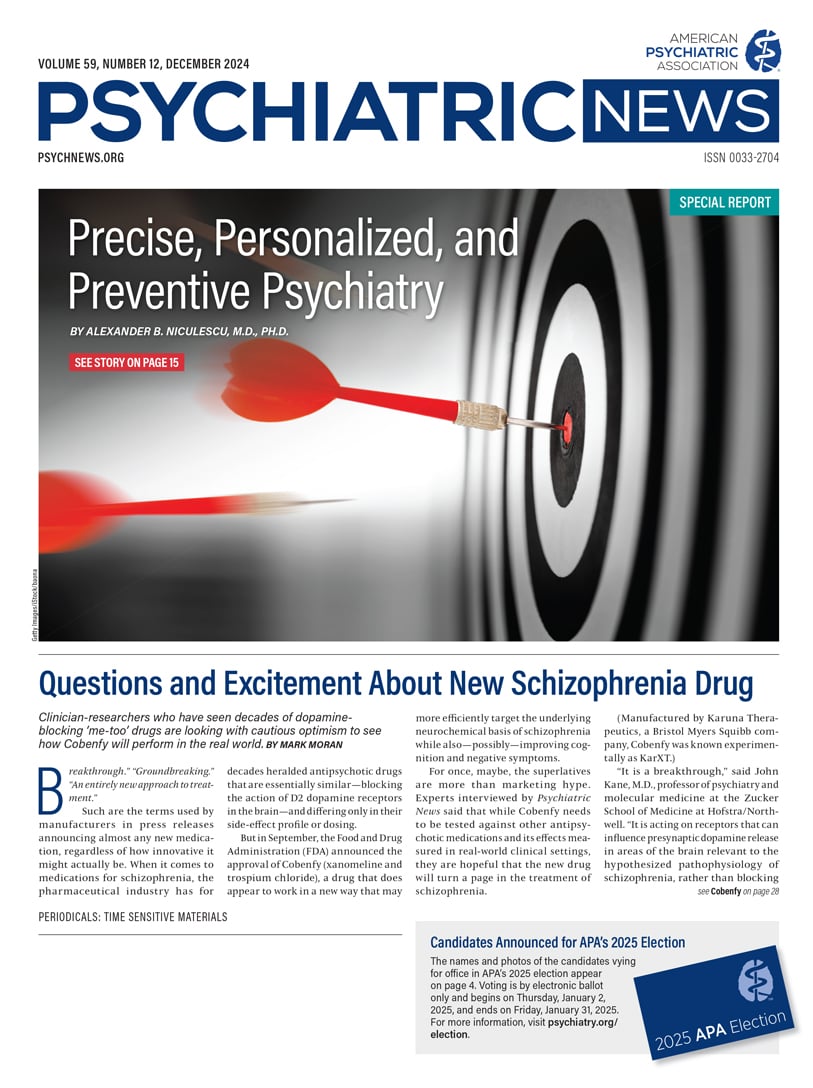When we talk about well-being in psychiatry, we often are discussing it at the individual level—between providers and patients within defined care systems. But now mental health care workers are being challenged to discuss well-being in terms of broader, macro-level themes within public health and international narratives. Trainees would benefit immensely from embracing this global perspective on psychiatry. We certainly have.
We write as two trainees from opposite ends of the planet whose work has intersected at the level of international mental health. Our research investigates mental health outcomes of specific populations (in this case, Hong Kong migrants/refugees) as they cross borders. In doing so, we have learned a great deal about social determinants of health that are shaped not only by individual factors but also by political and global forces.
Sometimes there are underlying commonalities across nations. Compare the “epidemic of loneliness” that was the subject of a recent report from the U.S. surgeon general, for example, with the British government’s aptly named “Tackling Loneliness Hub.”
More often, however, there are disagreements and bitterly debated questions: How do we move forward when the mental health of migrants is often ignored by the very governments that have promised to serve them? How can we improve the health and well-being of migrants when there is a lack of reliable, harmonized data? What does it mean when the president-elect falsely says that immigrants are eating cats and dogs?
This is nothing new—psychiatry has often interacted with larger forces during the clash of international politics. Even now, amid war and societal unrest occurring in pockets of the world, it is critical that mental health not take an inward gaze. To do so is a disservice to the patients we have promised to serve.
Caught in the middle of all this are graduate and professional students who have an incredible opportunity to learn across borders of their home institutions and foster innovation in their own research endeavors. Facilitating international research collaborations between early-career and established researchers in the field is essential for deepening the understanding of “hidden,” under-researched migrant groups and enabling cross-border comparisons to inform policymaking and improve well-being.
Our own networking relationship grew from a single, brave cold-email from one author to the other. That eventually led to video calls, shared research tips, disseminated data, publications, and now this article. We have never met each other in person and live 5,000 miles apart, but our research is stronger—richer even—because of this cross-border exchange.
Sadly, these opportunities are still limited. COVID blew through international conferences and study exchanges, and while they are slowly coming back, global politics still impedes important programs such as the Fulbright, Chevening, and Jardine scholarships. Outdated institutional agreements and limited options for international exchange discourage trainees like us from conducting research across borders. A lack of networking opportunities among trainees across countries also leads to fragmented research efforts among those with similar interests. And, in multiple countries, we have seen academic freedom and scientific integrity devalued by those who often manipulate evidence to serve their own ends.
Growing the field of global psychiatry recognizes that mental health challenges are inevitably shaped by borders and crossings. In order to address these issues, our trainees, research initiatives, and solutions must cross those same borders. ■

